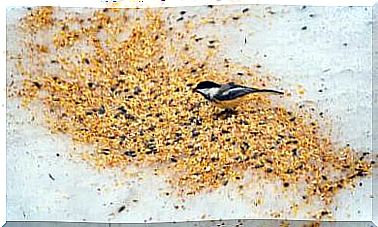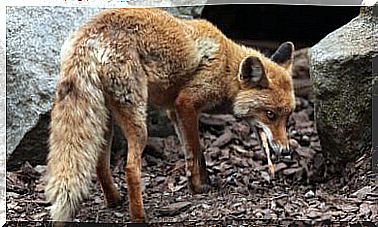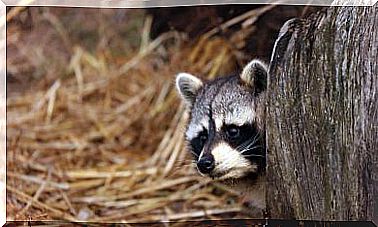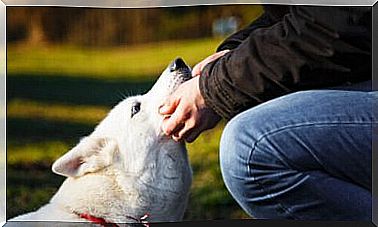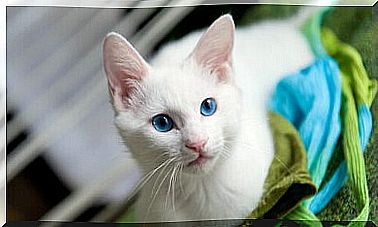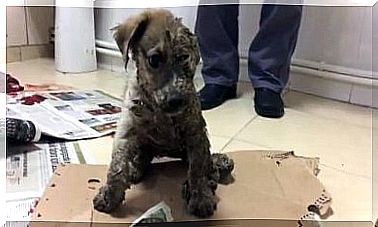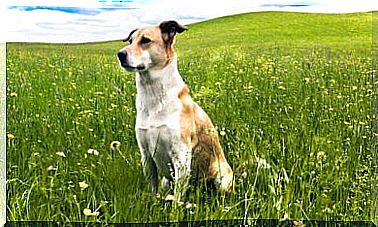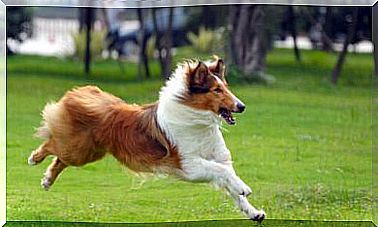What Can Pets Eat For Christmas?
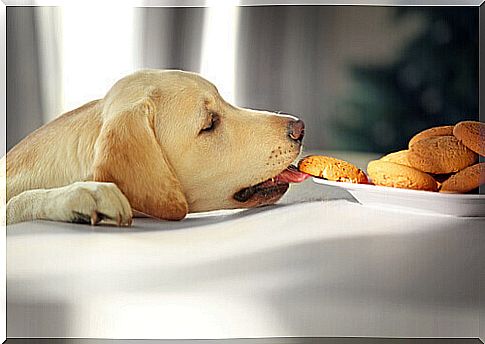
Currently, Christmas is associated, in many homes, with culinary excesses and large meals. It is necessary to avoid overfeeding with high-calorie foods, such as sweets, fatty sausages, alcoholic beverages, sugary soft drinks, etc. But what about pets at Christmas? What can they eat?
During Christmas days, our pets are also attracted to the many foods prepared at home. Dogs in particular do not stop hanging around the kitchen and do not stop asking, which causes many owners to give them leftovers or their own food.
Good habits with pets at Christmas
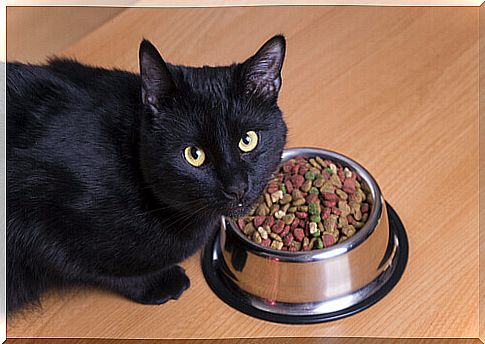
Using leftovers from suppers and parties to feed our pets at Christmas is neither healthy nor beneficial for them.
Our dogs eat everything. What we like the most, they also tend to like it a lot. But offering our pets for Christmas nougats, biscuits, panettone and marzipan is not recommended.
They already have their own delights, which we can find in specialty stores. We can allow pets at home to join us for Christmas Eve dinner or Christmas lunch. But ideally on these occasions they have their own special sweets, treats tailored to them.
With regard to meat, some of the Christmas recipes can also be dangerous for dogs and cats, as they can cause indigestion, or cause the animal to choke on a bone, etc.
The pets’ menu at Christmas. Grapes on New Year’s Eve?
Grapes are the ideal fruit to say goodbye to the year, but not for dogs. They have been shown to affect the functioning of the kidneys of our furry friends.
the seafood
The carcass and shells of seafood contain a substance called chitin, which the dog does not digest well. It has been shown to cause vomiting, diarrhea and constipation.
Chocolate, toxic to our pets
There are many benefits that chocolate offers to human beings. It is present in nougats and other Christmas treats, but it is not recommended for dogs. Chocolate contains a substance called theobromine, which is toxic to dogs.
the onion and the garlic
Onions contain a component (thiosulfate) that destroys the dog’s red blood cells. The consequences for the health of our pets, especially if they are sick, are very great: anemia, weakness and respiratory problems are some of them.
The food we buy for our dogs doesn’t have onions, but the leftovers we can give our pet certainly do.
Likewise, garlic, present in many Christmas dishes, is also harmful to the dog. Dogs do not have a digestive system designed to properly metabolize garlic. If they ingest it, it will be toxic to them.
Alcohol, another risk for our pets at Christmas
Champagne and wine are some of the usual alcoholic drinks on the tables during dinners and Christmas meals. It is necessary to be careful with this if there are animals at home.
Any alcoholic beverage is harmful and toxic to the dog, even in small amounts. It also does not contribute any benefit to your diet.
dried fruits
It is a complex food for the dog to digest. Although they are crushed, the dog cannot digest them well.
The bones
Bones from Christmas roasts should not be given to the dog. With the exception of the well-cooked cow’s knee bone, the rest can lead to intestinal perforations, diarrhea and constipation.
coffee and tea
Caffeine and the exciting substances in these drinks are not recommended for pets at home.
Christmas leftovers
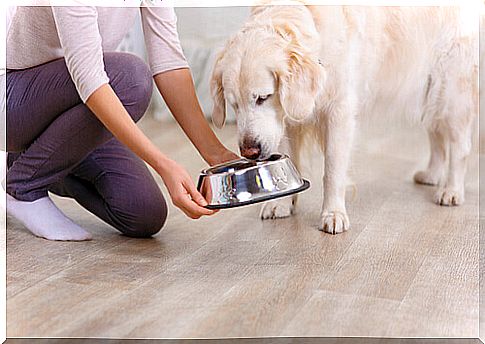
Sometimes, the dog we have at home turns into a sort of food recycling container. To save part of your daily food, we use leftover Christmas food.
However, we must not forget that the dog has some specific nutritional needs. Your health depends on not giving you food leftovers that cause you serious gastrointestinal problems.
With a little imagination and products 100% suitable for our furry, we can create a rich Christmas diet with which we will celebrate these intimate parties with one of our dearest friends.
